What To Learn From The Video Game Recession. And Do It Quickly.
Failure is always an option.

Before we get grim, remember this: The goal is creation. Everything else follows that. Figure out what you NEED to actually make the art. Anything else is just a bonus.
Last week, I
wrote a blog post about how the video game industry seems to be entering a sad and painful period of contraction.
I've been writing these
State of Indie posts for a long time. They're usually the most popular things I write. Last week, nobody seemed to care what I had to say. Nor should they. I'm a tiny, tiny figure in a big world, my time is past, and I'm writing depressing things.
But I still have a new RPG to sell (
Geneforge 2 - Infestation, coming March 27), so the current grim conditions are very much on my mind.
So, the world is changing, and we need to figure out how to adjust with it. How do we need to change how we make our work? What do we teach to aspiring game makers? What does it take to survive?
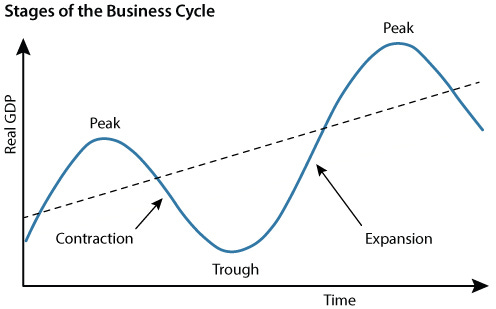
This image is a repeat, but it’s vital to understand it. Dark times come and go. There will still be hits and still be growth.
I Feel Like a Traitor
I've been writing advice for making a living making indie games since 1997 or so. (My first site about it
is still up, somehow.) In 2012, I wrote "
Principles of an Indie Game Bottom Feeder", a much-read ode to the joy of this life.
And now here I am, being depressing and crapping on everything and wondering how many people I accidentally lead to ruin. I feel like a traitor.
After I wrote my last post about this mess, a longtime reader wrote me a long, thoughtful, heartfelt, sad email about how much hope I gave him and how much it hurts that I'm taking that away.
It's a bummer, man.
But my goal in all of this, all along, is to be honest. I'm not always right. I get things wrong all the time. I just never want to tell you anything I don't genuinely believe is the truth.
There are times for joy and ambition. And there are times to tread carefully. Times to take big risks. And times to cover your ass. If you can't adjust to both modes, you shouldn't start a game business. Or any other sort of business.
And It Feels Like The World Is Changing
Let's assume that the video game industry is going to shrink. Not go away, just shrink. A lot of people lose jobs. Companies go under. People in the industry end up leaving it.
There needs to be a period of mental adjustment. We need different plans. We need to figure out what questions we should ask so that we can start answering them.
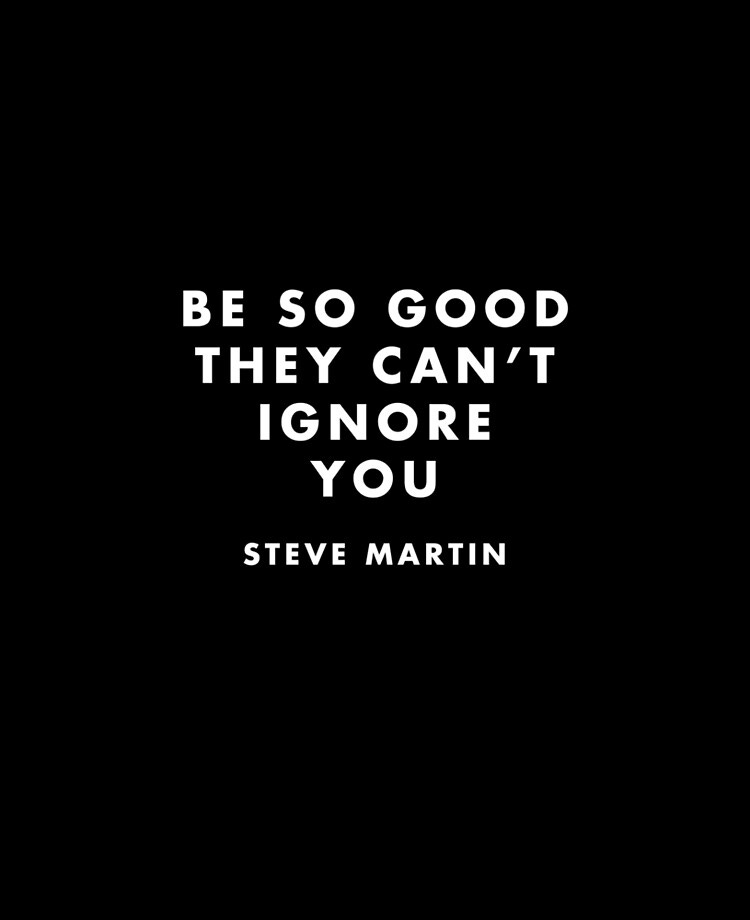
Making a living in art is HARD. You gotta be GOOD. Sorry, but someone has to say it.
Video Game Jobs Are Art Jobs. Plan Accordingly.
When a young person says, "I want to write video games for a living," it's just like saying, "I want to be a writer." "I want to be a film editor." "I want to be a musician/record producer/actor/poet."
It's good to have dreams. And is it possible to make a living as a musician? Of course it is. People do it all the time. But it's a hard, uncertain life. That's the price you pay for a life in art.
A life making video games is a life in art. It's easy to forget that because games do, in fact, make a ton of money. However, the ability to make bank while being an artist who makes video games attracted a LOT of other contestants, and high supply drives prices down.
Video game makers will probably always make more money than musicians or actors. However, it's always going to be a tough field to make a career in.
I get asked all the time by worried parents whether to encourage their kids' dreams of making games. I tell them what we've been telling aspiring actors for a lot of years: "If you could possibly have a happy life doing something else, do that instead."
Meanwhile, for a degree in Computer Game design, Digipen tuition is almost $60000/year now. I don't even know what to say about that.

Annual tuition to learn to make games at Digipen. Almost $60K! The name ‘Digipen,’ by the way, comes from the Latin word ‘digipus,’ which means “Horrible, life-destroying mistake.”
Wait. People Invested In Video Games?
I've noticed that lately a lot of indie companies have been complaining that it is very hard to get investors. Some have given this as the reason why they went out of business.
This is how old and dusty and out of touch I am. Every time I read this, I think, "Wait. Indie games have INVESTORS? Like, I can say I want to make a game and someone might just hand me a sack of cash? REALLY? And I've been out here alone in a room squeezing my pennies and reusing art like a SUCKER?"
I totally see why indie game investors appeared. If you own a chunk of a megahit like Don't Starve or Terraria, you will do very, very well. But as they say about Broadway, "It's a place to make a killing, but not a living."
Due to changing economic conditions, investors now need to make money on their investments. The days when VRChat, an online world populated exclusively by frisky furries and literal children, can get
$80 million in actual Earth dollars are GONE.

I used to break these long posts up with ponies. Are we still doing ponies? Do I need to dig up some Hazbin Hotel gifs now?
If You Already Got A Business, Go Cheap
If you want to live your dream, at some point you have to dream practical. When the meteors land, the rodents hiding underground survive. I have long proudly called myself a bottom feeder.
There are always going to be ambitious young people who dream of making it in this peculiar art form. I say, if you can go cheap, go cheap. You can get amazing assets of all sorts for cheap. License music, art, sound effects. Squeeze every penny until it screams. Only get something bespoke if you actually have to.
The problem, of course, is that people get driven in this industry by dreams. Not dreams of being a humble, scuttling creature like me. Dreams of actually running a COMPANY, with headcount and production values and influence. (And, once, shiny offices in a shiny building furnished in Modern IKEA.)
You have to be hard-headed about the math. Suppose you have a 2 person operation and you want to hire two more people. That will double your expenses. So ask yourself: Doubling your sales is
difficult. Will these two new people double our sales? No, really. Will they? If not, do you really need the headcount? If you're not rich, ask this question about every new expense.
Along these lines, sometimes you won't like how people decide to reduce their budgets. Tempers are really heated about AI right now, so I don't want to say much about it. I want to avoid using it, but I'm also not going to get angry if a poor developer starting out uses it to get into the business. I mean, it's 100% going to happen. A lot. If someone thinks they need it to survive, desperation will keep them from listening to your opinions.

“It’s a 2-D Roguelike Metroidvania Platformer, but it has a strong Vampire Survivor influence!”
Where Goeth The AA (Two A's) Game Company?
A decade or so ago, we saw a mass death of AA game companies. Mid-size companies (10-30 employees) found themselves in a vise where they weren't big enough to keep up with state-of-the-art production values and marketing budgets, but they were too large and expensive to have cheap budgets. They tended to get bought out or just go under.
Thanks to the generosity of investors and publishers, we have seen a resurgence of the mid-range game company. We just call them indie now.
(Note that the biggest indie success lately, Baldur's Gate 3, was by an indie company that was able to grow BIG.)
However, the problems such companies faced back then are still here. They were sustained by easy money, but that is gone, replaced by tons of competition.
I would hesitate before trying to form a midsize game company right now. Have your end goal be writing and shipping the game, and plan whatever it takes to make that possible. Then, when you have a hit and can afford 20 employees, hire 10.
You Need To Compete With 'Free'
Suppose you have a realistic goal: You just want to get a game out there in any way possible. Fine. What's the next hurdle to overcome?
One of the things I say to ambitious developers is, "A lot of the best games in the world are free. Can you compete with free?"
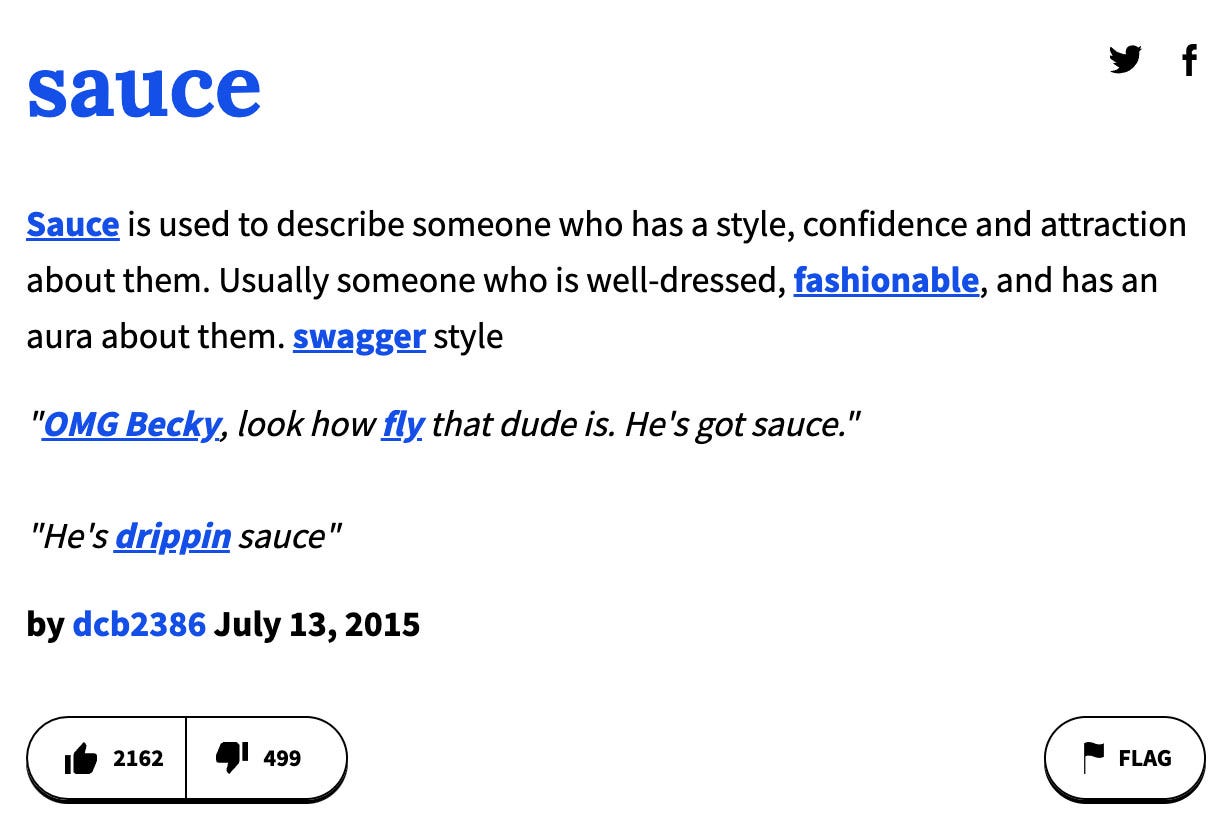
Sometime at 3 AM, when you’re tossing and turning and worried, stare up at the ceiling, take a deep breath, and ask yourself, HONESTLY, “Do I have the Sauce?”
What You Need To Do Hasn't Changed
The way for a poor, lone creator to sell their indie book/music/game has gotten harder, but it hasn't changed.
You have to have a Secret Sauce, something you provide that nobody else was offering. Something they couldn't get anywhere else. If people want something and you are the only one selling it, they WILL open their wallets.
This is why it is important to, as soon as possible, share your work with people. Watch their reactions carefully. They shouldn't just be tolerant of it. They should want more. They should be begging you for another chapter/song/game level. People should be taking your game home and playing it on their own until late at night. That's how you know you have something.
(This is also why people who want jobs in AAA should try making their own small games and mods. You need to show you can make things that compel people.)
It's become routine for those who make indie games to have contempt for gamers. It's sad and tiresome, this dumping on those who love us. The true thing is, gamers are natural evangelists! Alas , it's impossible to get Steam visibility and advertising is extremely expensive and unpredictable. The good news is that when people love your work, they will force it on their friends until it's annoying.
Everyone Finds Their Own Route
Me, I write turn-based, story-heavy RPGs. This is an evergreen genre. There are ALWAYS people who want this. But it's also a game that's hard to write well. I write something people want that there isn't much of.
Each of my games has a new world, a solid story, and a new sort of choice to make. This packed in a world dense with STUFF, so you can't turn a corner without finding something new. Plus, I can be funny.
This is my Sauce. Thus, despite the many flaws of my products, I can compete with Free and stay in business.
What is unique and special about your game? Unique and special enough that people will pry open their wallets? You need an answer to this question.
Your answer, the one that fits the art only you can make. This is why art school is not necessary. Professors can’t answer that question, only you can.
Also, at several points in my career, I got lucky. At some point, you'll need a little luck.

It’s true. For a six-month period in 1996 and a similar time in 2000, I was goated with the sauce. From such brief visits of the muse are careers made.
It's Hard To Make A Business
This takes work. Years of work. You gotta hustle. Make forums. Talk to fans. Build a Discord. Have the tenacity of a cockroach. Do anything you can to get people to try your work, and refine it until they love it.
If, like most people, you fail, remember that failure is always allowed. It's almost inevitable, even for those with great skill and determination. Just take comfort in that there is nobility in creation.
And yeah, I'm telling you, "Just be as great as the greatest," as if it’s an easy thing. That's an almost sadistic goal to hand to someone. I get it. But if you aren't aiming for true awesomeness, why are you even doing this?
Me, I'll just keep on as a bottom feeder. My games aren't unique enough to be big hits, but they are unique enough to keep a small, happy fan base following along. It's all I ever wanted.
If you want to see how lame you can be and still make a living,
check out Geneforge 2 - Infestation! Indie RPG, coming March 27! To make it, all you have to do is be better than me. Surely you can do that!



























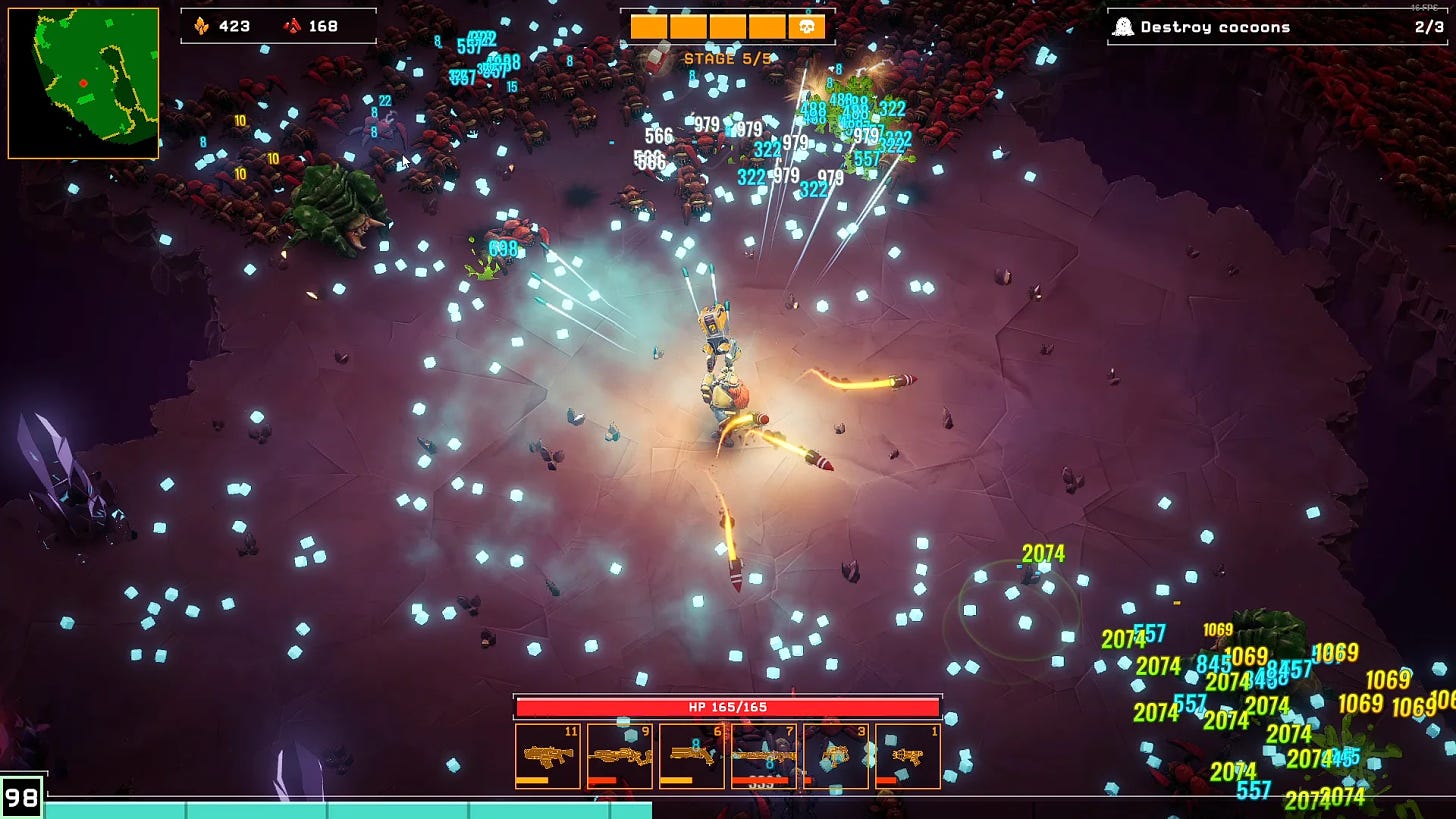

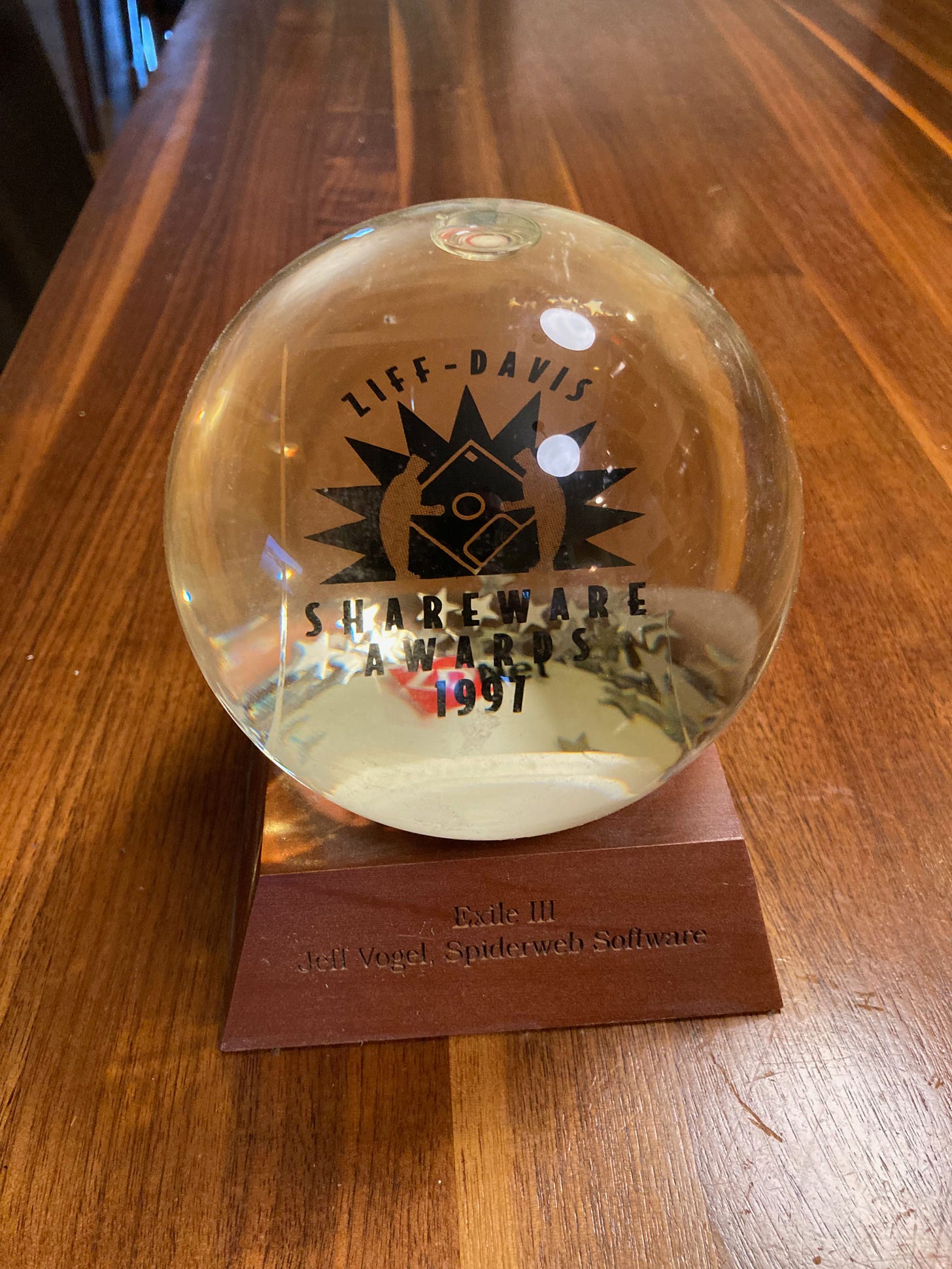
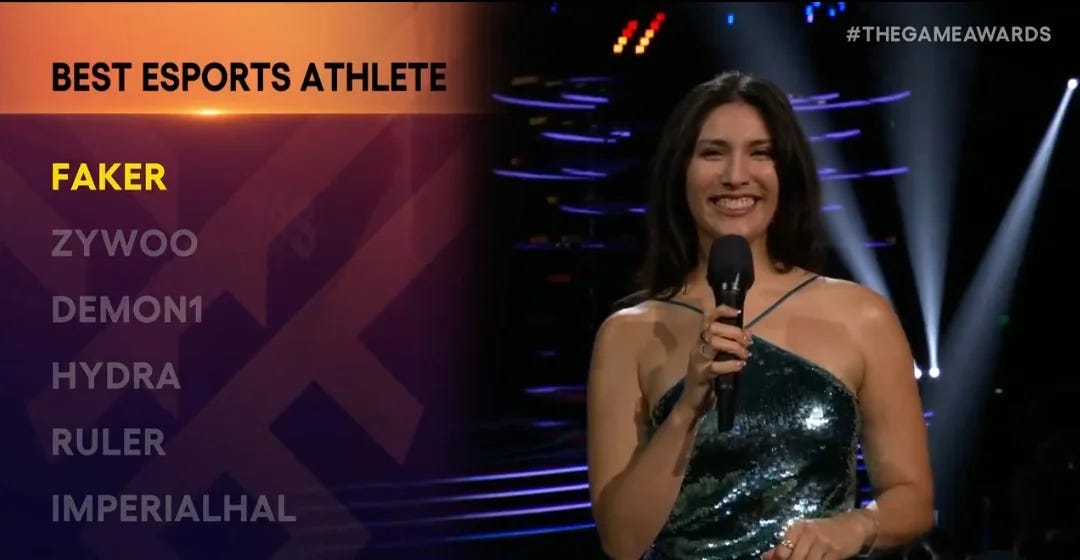
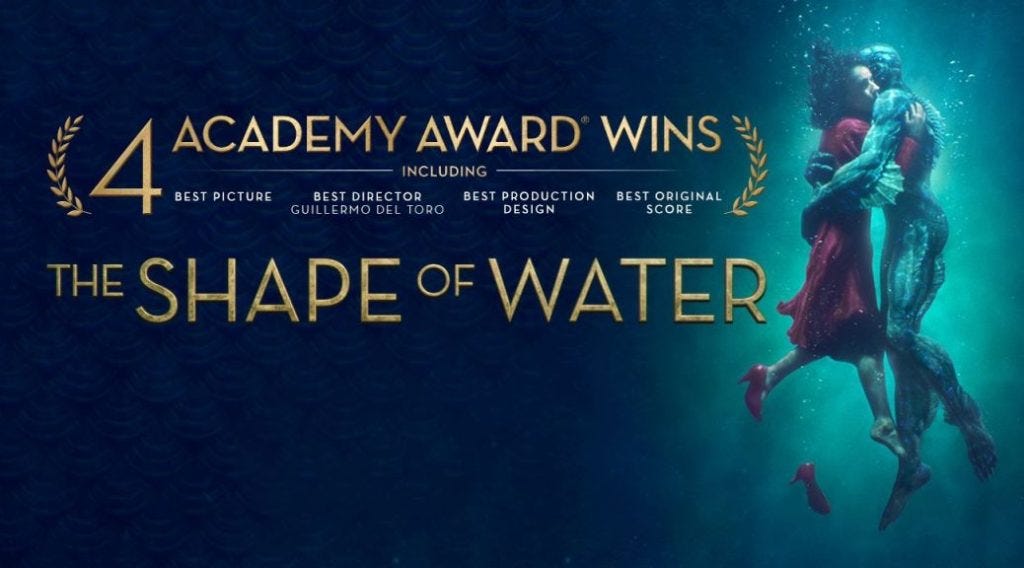

![Glory to Codexia! [2012] Codex 2012](/forums/smiles/campaign_tags/campaign_slushfund2012.png)
![Have Many Potato [2013] Codex 2013](/forums/smiles/campaign_tags/campaign_potato2013.png)
![The Year of Incline [2014] Codex 2014](/forums/smiles/campaign_tags/campaign_incline2014.png)


























